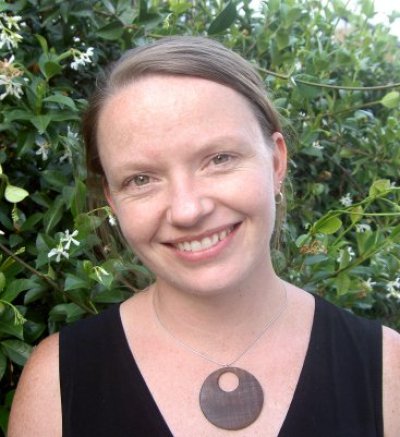Historian Lissa Wadewitz to talk of 'Salmon, Boundaries, and Bandits' of the Salish Sea Jan. 31
Lissa Wadewitz will present “The Nature of Borders: Salmon, Boundaries, and Bandits on the Salish Sea,” as part of Western Washington University's Huxley College of the Environment Speaker Series at 4 p.m. on Thursday, Jan. 31, in Bond Hall Room 105 on Western’s campus.
The lecture, which is free and open to the public, is cosponsored by Western’s History Department.
Wadewitz recently published her first book titled, “The Nature of Borders: Salmon, Boundaries, and Bandits on the Salish Sea.” The book explores the ecological effects of imposing cultural and political borders on a critical West Coast salmon fishery. Wadewitz’s new research focuses on the history of Pacific whaling and the emergence of a “Pacific World” prior to the military expansion of the U.S. across the Pacific Ocean in the late 19th century.
In addition to her book, Wadewitz has published articles in The Pacific Historical Review and Environmental History, as well as chapters in anthologies published by University of Nebraska Press and Duke University Press.
Wadewitz received her doctorate from UCLA in 2004. She then spent a year as a post-doctoral fellow in Native and Newcomer relations at the University of Saskatchewan in Canada. In 2005, Stanford University’s Bill Lane Center for the North American West awarded Wadewitz a two-year post-doctoral fellow position. The Linfield College History Department then hired Wadewitz as an assistant professor in 2007; she now teaches courses there on U.S. environmental history, Native American history and the history of the U.S. West.
Anyone interested in these topics is encouraged to come and participate. The presentation will include a question and answer period. The speaker series is held by Western's Huxley College of the Environment to bring together the environmentally minded community and other interested members of Western and Bellingham’s communities. Speakers address topics of contemporary environmental concern in the region and the world.
For more information, please contact the main office of Huxley College of the Environment, at (360) 650-3520.
Western’s Huxley College of the Environment is one of the oldest environmental colleges in the nation and a recognized national leader in producing the next generation of environmental stewards. The college’s academic programs reflect a broad view of the physical, biological, social and cultural world. This innovative and interdisciplinary approach makes Huxley unique. The College has earned international recognition for the quality of its programs.
